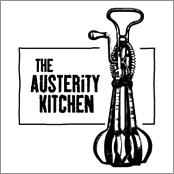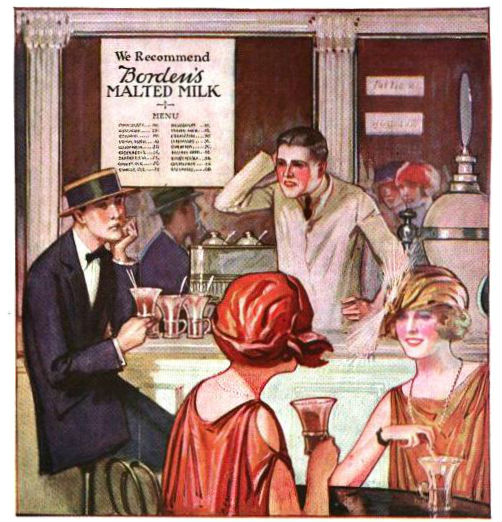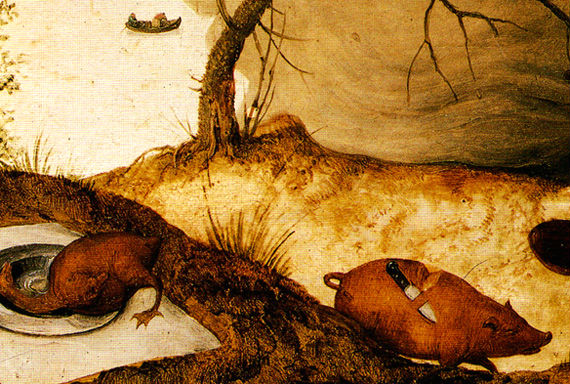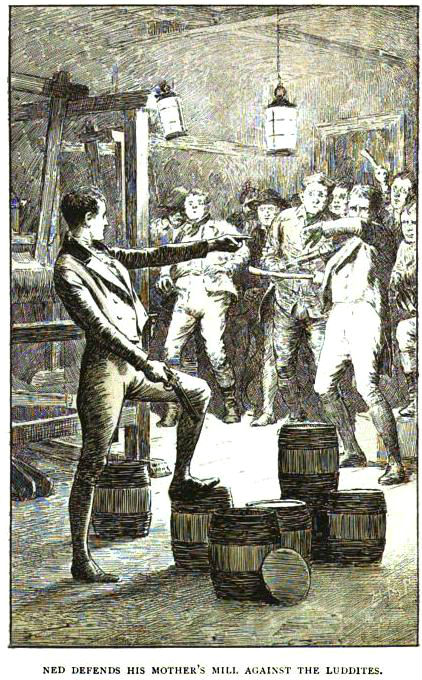Fair Prices and Fowl
Quœ virtus et quant, boni, sit vivere parvo
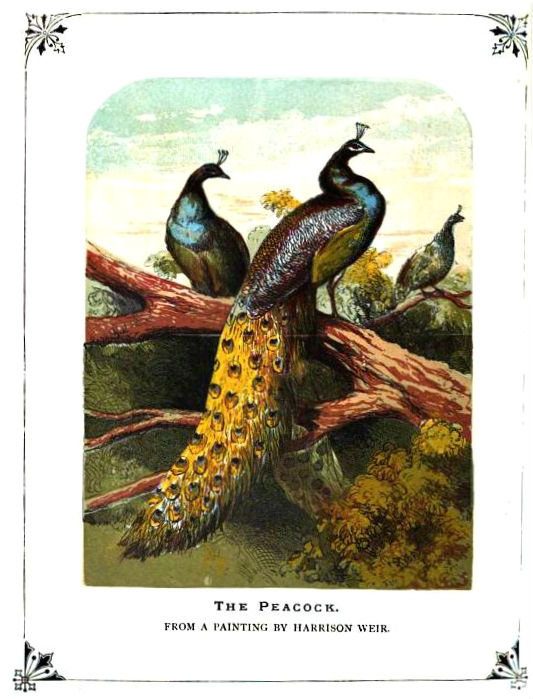
"The stomach's angry roar with bread and salt. Whence can this rise, you ask, from whence the fault? In you consists the pleasure of the treat, Not in the price, or flavour of the meat. Let exercise give relish to the dish, Since not the various luxuries of fish. Nor foreign wild fowl can delight the pale, Surfeit-swoln guest; yet I shall ne'er prevail To make our men of taste a pullet choose. And the gay peacock with its train refuse; For the rare bird at mighty price is sold; And, lo! what wonders from its tail unfold! But can these whims a higher gusto raise. Unless you eat the plumage that you praise?" --Horace, Satires Read More...
